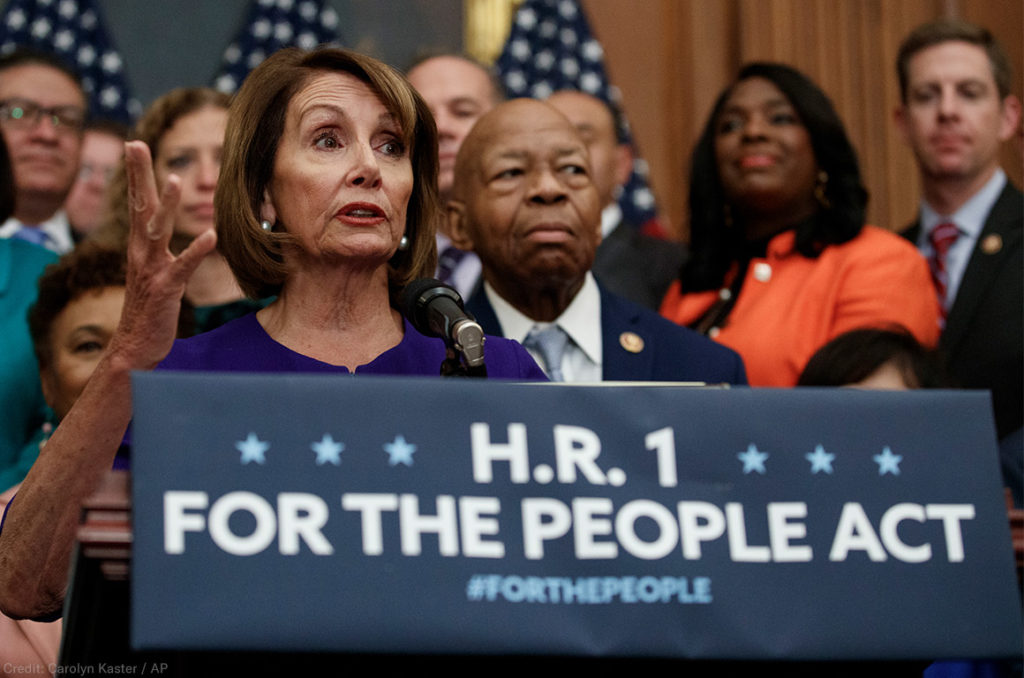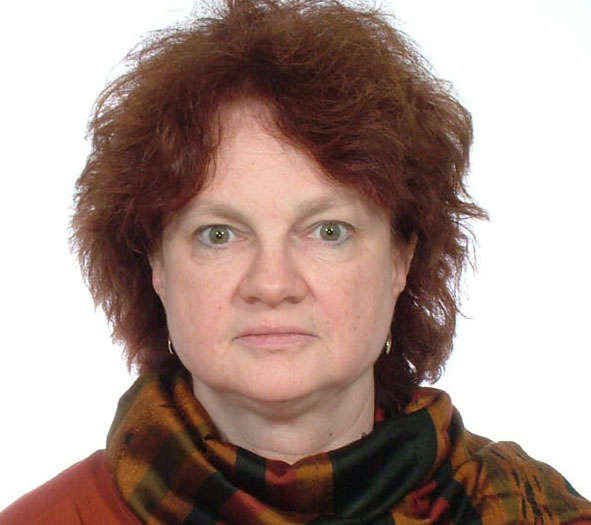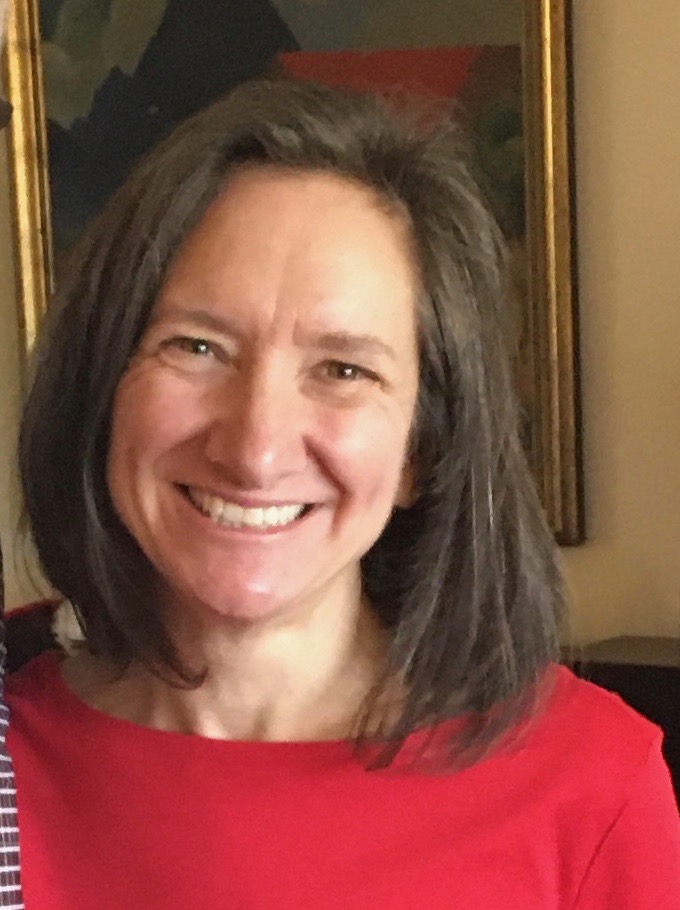Opinion: We The People Need The “For The People Act”

Photo: ACLU.org
by Kate Hartford and Elaine Fronhofer


Congress is now debating the For the People Act. It has passed in the House (H.R.1) and is now under way in the Senate (S.1). The bill aims at preserving and strengthening our democracy by protecting the right to vote and making our elections more secure, transparent, accessible, democratic and free from foreign interference.
Some Republicans are denouncing H.R.1/S.1 as a Democratic Party ploy. But many of the bill’s provisions are modeled on laws and rules already in practice in states throughout the country, including solidly Republican and purple states. Other provisions could constrain Democratic Party candidates more than Republican ones. Here are some of the reasons why H.R.1/S.1 is so important.
Extreme partisan gerrymandering of U.S. Congressional seats is fundamentally destroying majority rule in this country. H.R.1/S.1 would put independent commissions in charge of redrawing U.S. Congressional districts. Such commissions already operate in Arizona and California. In the latter, the commission took redistricting out of the hands of a legislature controlled by the Democratic Party nearly nonstop since the early 1970s.
“Dark money” contributions (mega-donor funding for political candidates without public disclosure) have grown increasingly problematic. In the past couple of election cycles—including 2020—more dark money went to Democratic than to Republican candidates. H.R.1/S.1 would bring such contributions to any party into the sunlight. Montana adopted such a disclosure law in 2015, with a Republican state senator introducing the bill.
H.R.1/S.1 would bring digital political advertising under rules similar to those already governing political ads in print and broadcast media. Both major parties have taken advantage of the lack of rules in digital advertising, to the detriment of the public’s understanding of issues or candidates. H.R.1/S.1 also offers benefits to candidates from both parties in the proposed public financing for candidates to match small-donor contributions. States like Maine, Arizona, and Minnesota already have such state-level financing; in Minnesota from 2002 to 2018, Republican candidates got twice as much as Democrats did. The nonpartisan, business-led Committee for Economic Development of the Conference Board is among the organizations supporting the public financing element of H.R.1/S.1.
H.R.1/S.1 would allow same-day/election-day voter registration. Twenty-one states already permit this, including New Hampshire, Iowa, Montana, Wyoming, Utah, and Idaho. Automatic voter registration (AVR), another provision in H.R.1/S.1, has been adopted in West Virginia, Alaska, and Georgia; it passed with unanimous bipartisan support in Illinois and was signed by the Republican governor.
Recently, Floridians decisively chose to restore voting rights to formerly incarcerated felons. Alabama, Arizona, and Louisiana state legislatures have also passed laws restoring such rights to varying extents, and Iowa’s Republican governor used executive action to do so. The restoration of voting rights is backed not just by liberals and progressives, but also by conservative and libertarian organizations like the Cato Institute. H.R.1/S.1 would extend this to every state.
H.R.1/S.1 would allow no-excuse absentee voting. Twenty-nine states already do this, including Alabama, Idaho, Kansas, and several other deep-red states. (Five states, including Utah and Colorado, even have all-mail elections.)
Unfortunately, too many Republican state legislators now seem intent on reversing course, with the introduction of hundreds of bills aimed at reducing voter rights and suppressing the votes of those they fear will support the other party. In such a situation, the protection of voters’ rights and the consolidation of democratic values is a matter of urgency. The For the People Act is not “for Democrats” or “for Republicans.” It is truly an act for the people. We urge everyone to get involved and ensure this bill becomes law.
Kate Hartford taught politics and political economy for three decades, mostly at UMass Boston, before spending nearly a decade with the Ford Foundation in China, supporting projects in grassroots participation and public policy; she now lives, writes, and gardens in the Pioneer Valley.
Elaine Fronhofer is an Amherst-based criminal defense attorney and a co-founder of the social justice group Valley Action.
